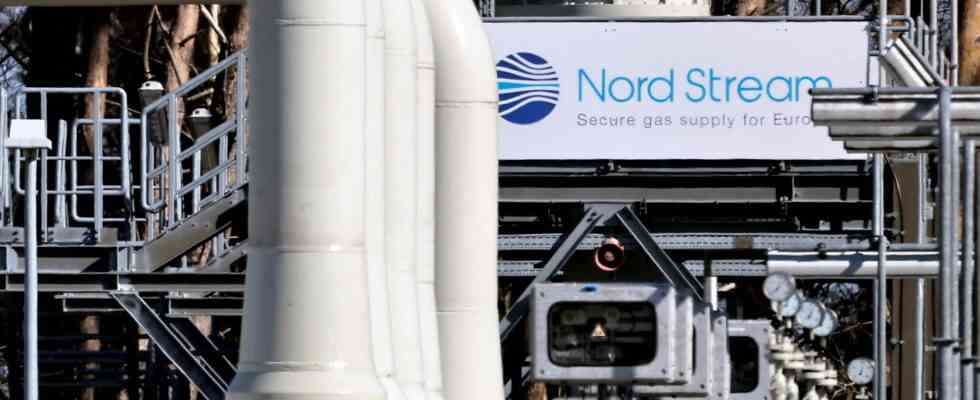Status: 07/22/2022 08:42 a.m
The gas continues to flow continuously through the Nord Stream 1 pipeline. However, there is no reason to give the all-clear. The federal government is preparing itself with a package of measures for greater energy security in winter.
According to network data, gas has continued to flow continuously through the Nord Stream 1 pipeline since the maintenance work was completed. According to information from the operating company Nord Stream AG on its website, almost 29.3 gigawatt hours per hour delivered.
This corresponds to a delivery of around 700 gigawatt hours per day and around 40 percent of the theoretically possible utilization. The gas flow is thus still at the level before the start of the ten-day maintenance work.
Germany wants to be prepared
Even though Russia has resumed gas deliveries to Europe through the Baltic Sea pipeline, the government, business and experts are preparing for a continuation or even a possible worsening of the gas crisis. “The 40 percent cannot make us feel safe,” warned Economics Minister Robert Habeck. “That’s why it’s important to keep sharpening the political instruments.”
Habeck presented a package of measures for greater energy security on Thursday. In view of uncertain Russian deliveries, the provision for the winter should be strengthened. Winter is yet to come, and the following winter will also bring challenges.
“Gas consumption has to go down”
The energy saving package includes higher fill levels in the gas storage tanks and savings measures for both private consumers and companies. “Gas consumption has to go down further, the storage facilities have to be full. We should work on that with combined forces,” said Habeck.
The storage levels of the gas storage facilities are to be increased by five percentage points compared to the previous specifications – to 75 percent on September 1st, to 85 percent on October 1st and to 95 percent on November 1st. This should prevent gas from being sold from the 23 storage facilities in Germany.
save energy costs
Habeck wants to oblige companies to save energy by regulation. For example, rooms in which people no longer stay – such as corridors or entrance foyers – should not be heated in winter.
In addition, as many owners as possible should carry out a heating check of gas heating systems by the end of the next but one heating period, 2023/24. According to the ministry, all owners of buildings with a central heat supply – i.e. usually apartment buildings – should also carry out a hydraulic balance if they have not already done so in recent years. The owner should bear the costs for this.
Lignite power plants are taken out of reserve
To secure the supply, the Economics Minister also wants to bring lignite-fired power plants back on line. From October 1st, the lignite reserve will be activated in addition to the hard coal, the Greens politician announced. The lignite power plants concerned could then return to the electricity market and replace natural gas power plants.
Habeck’s ministry pointed out that the approach to energy savings is in line with the EU Commission’s efforts to reduce energy consumption. According to this, the member states should voluntarily reduce their gas demand by 15 percent by March. According to the current status, Germany will reach less than half. With the savings package you want to achieve the target.

